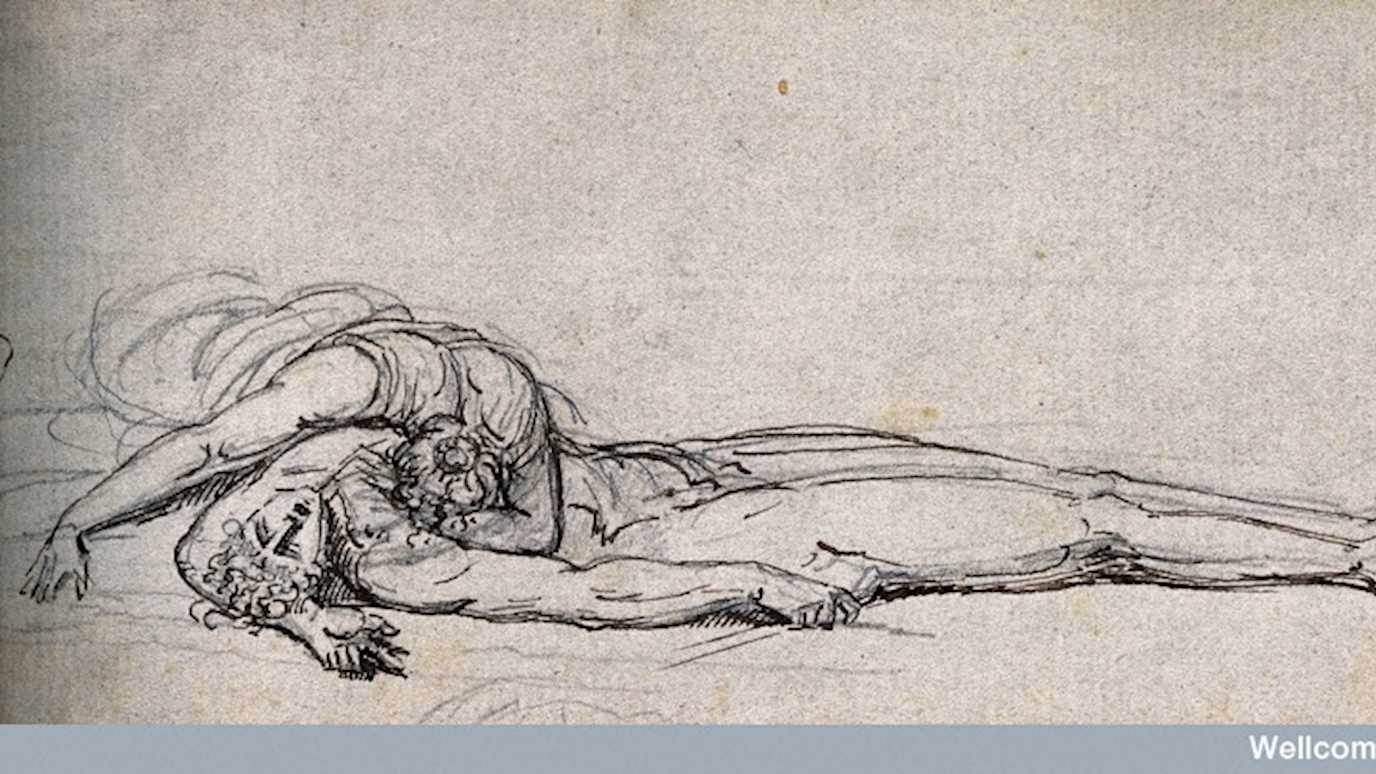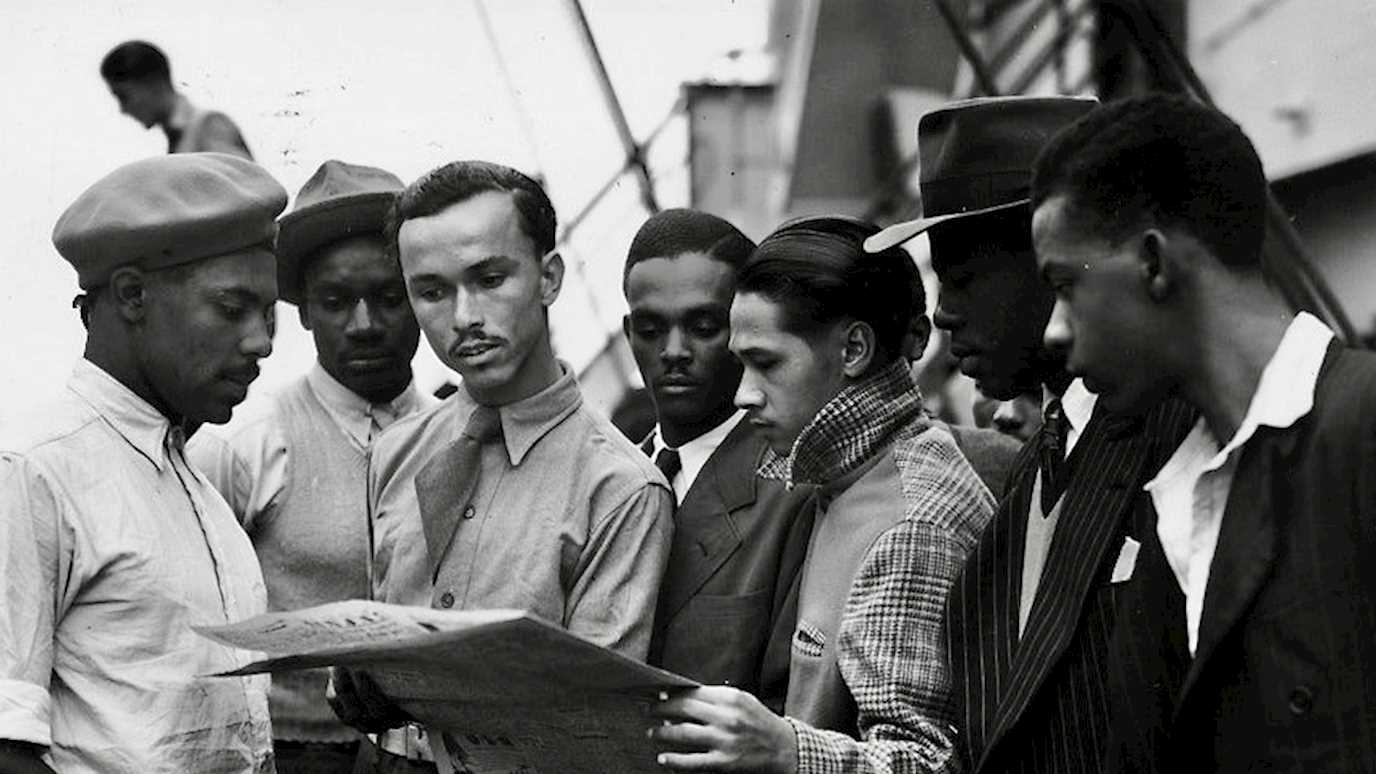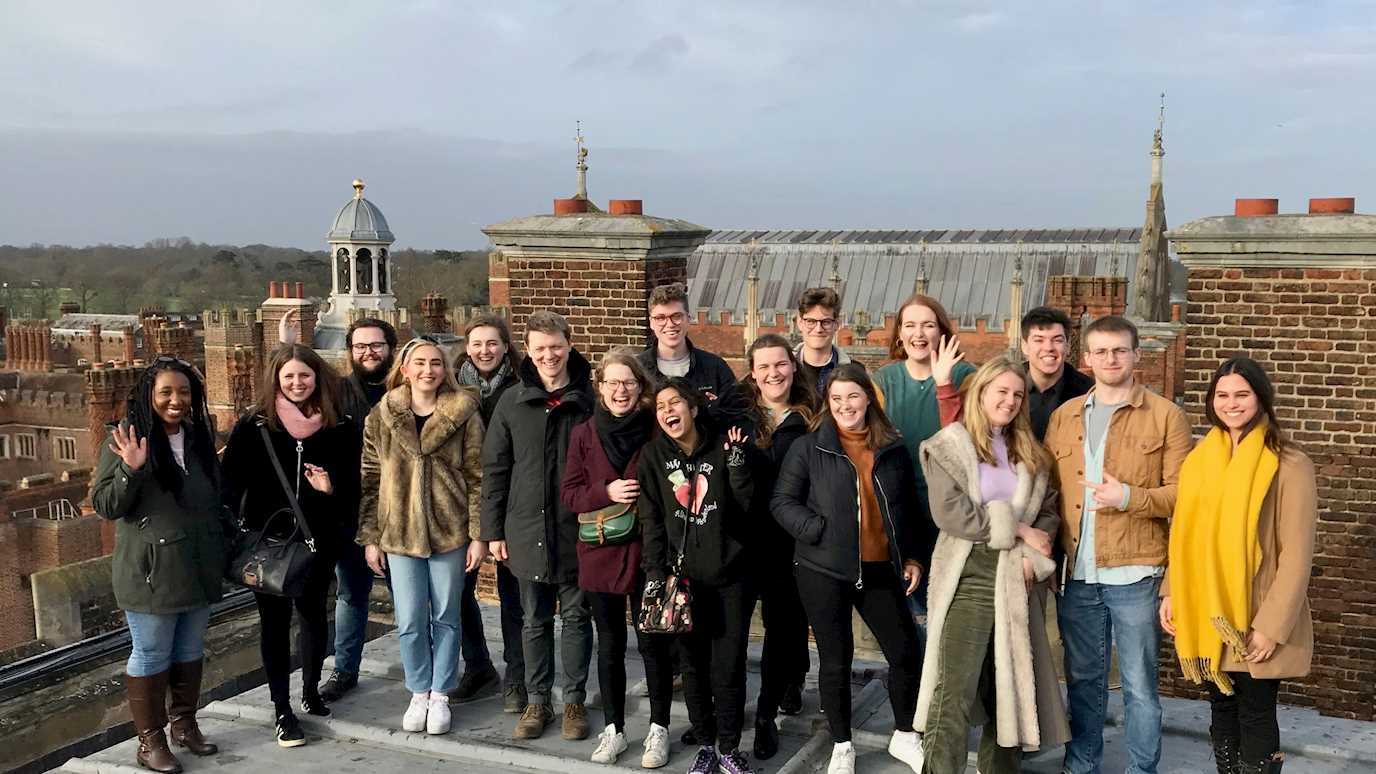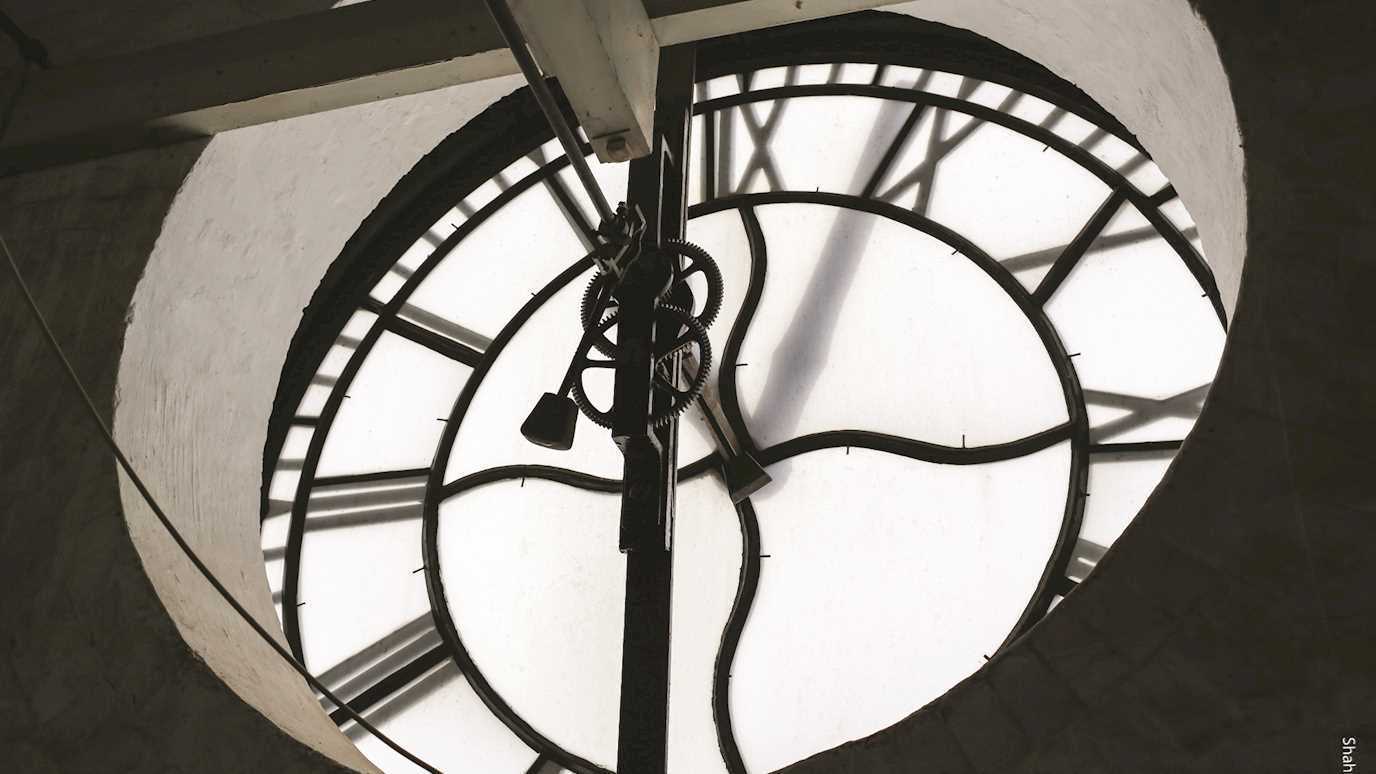Dr Sally Holloway, Oxford Brookes University
The broken heart in eighteenth and nineteenth-century Britain was no mere poetic image, with physicians recording cases where the heart literally ruptured following romantic rejection or the death of a loved one. This lecture will explore the embodied experience of loving and losing love, asking, what did it mean to die from a broken heart? The lecture's title derives from a letter sent from the philosopher Mary Wollstonecraft to her faithless lover Gilbert Imlay in 1795, where she described how 'There are characters whose very energy preys upon them; and who, ever inclined to cherish by reflection some passion, cannot rest satisfied with the common comforts of life’. Others described symptoms including loss of appetite, drooping spirits, pining, distraction, and overpowering sorrow, culminating in the death or breaking of the heart. This lecture will use letters, case notes, medical notebooks, novels, paintings and prints to explore heartbreak as both a pathological condition and pervasive cultural phenomenon. Studying the causes, symptoms, and cultural constructions of heartbreak sheds light on gendered experiences of emotion, and the changing relationship between emotions and the body in eighteenth and nineteenth-century Britain. It also reveals the nature of love as an intense but capricious passion with potentially deadly consequences.
As an alumna of Royal Holloway, where she completed her PhD, The Bedford Centre is particularly delighted to welcome Sally back to talk to us about her new research on the cultural history of heartbreak. Sally is currently a Vice Chancellor's Research Fellow at Oxford Brookes University and a historian of emotions, gender, and visual and material culture. She is the author of The Game of Love in Georgian England: Courtship, Emotions and Material Culture (Oxford, 2019) and co-editor of Feeling Things: Objects and Emotions through History with Stephanie Downes and Sarah Randles (Oxford, 2018). She has also recently co-edited a special issue of Cultural & Social History titled 'Interrogating Romantic Love' with Katie Barclay.

A woman weeping over her dead lover. Drawing, c. 1793, after Johann Caspar Lavater, Thomas Holloway and John Flaxman, Wellcome
Further information
The event will be run via MS Teams and we will email you a link and password several days before the event takes place.























